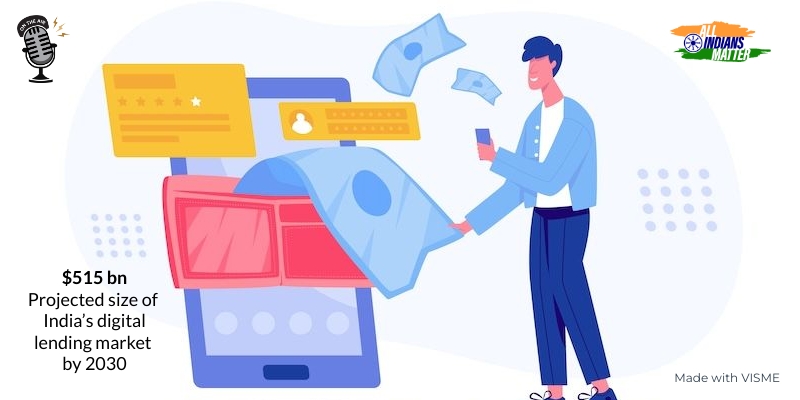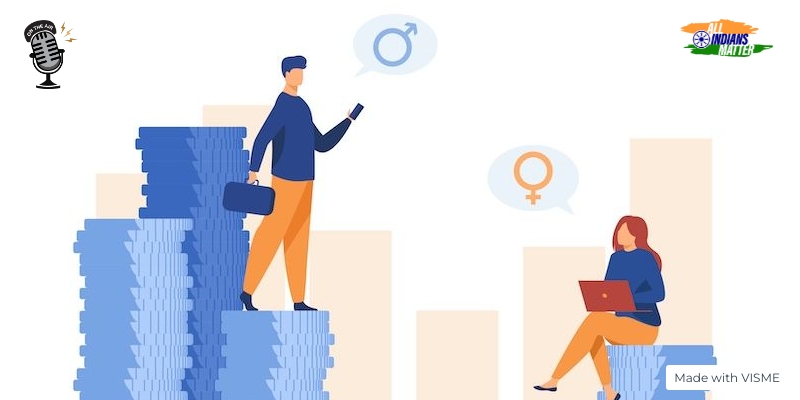Ashraf Engineer
January 23, 2021

PODCAST TRANSCRIPT
Hello and welcome to All Indians Matter. I am Ashraf Engineer.
The world’s most valuable automobile company, Tesla, is driving into India. Recently, the electric car maker led by Elon Musk registered an India subsidiary to the cheers of car enthusiasts and the automobile industry in general. The news was a fillip to the government’s efforts to turn India into an electric vehicle, or EV, country over the long term. But, once the celebrations wind down and we get down to the serious work of implementing an EV-first approach, there are serious challenges to be surmounted.
SIGNATURE TUNE
In 2019, more than 2 million electric vehicles were sold across the world; in India, it was 1.56 lakh. Of these, 1.52 lakh were two-wheelers, 3,400 were cars and there were 600 electric buses.
The Indian government has been trying to step on the gas when it comes to electric vehicles. For this, it has introduced subsidies, tax breaks and incentives.
2021, many feel, will be a landmark year for EVs in India with many automobile majors launching models. The government hopes that this will help achieve its aim of having EVs as 30% of all vehicles on Indian roads by 2030.
But, there are several problems India will need to surmount first.
Manufacturers and potential investors are cautious because of industry realities. Parts suppliers rarely depend on one company for their business and therefore it makes little sense for them to invest afresh in component development and capacity for EVs. For any investment, volumes are also a key criterion but there is no real understanding of the long-term demand.
Don’t forget that for EVs to be practical, India needs a dense network of charging stations – just like we have for fuel pumps. There seems to be confusion about whose responsibility it is to build such a costly network – the government’s or the private sector’s. So, while the government is keen for the industry to focus on EVs, the industry points to the lack of an ecosystem for the switchover.
Here’s where Tesla comes in. Many industry leaders believe that Tesla will bring in not just cars but also invest in the initial infrastructure required. For instance, its large contracts would encourage parts suppliers to invest in component development, which would benefit other companies too because then they would be assured of parts supplies. This would spur the other companies to launch models. With more models, the options before buyers would increase and boost demand.
Tesla will start Indian operations by setting up a sales network followed by assembly and manufacturing units based on consumer response. It’s widely expected that the first car on offer will be the ‘Model 3’ which is estimated to cost – hold your breath – Rs 55 lakh! And that’s Tesla’s most affordable car.
Tesla cars offer many benefits, from a massive per-charge distance range to self-driving. But here they face another set of challenges – for one, there is a huge difference between Indian roads and the ones abroad. The cars will need to be modified for Indian conditions, which may not support certain functions.
Let’s now look at financing. About 40 lakh vehicles are sold annually in India, of which only a quarter are purchased outright. So, 75% are financed by banks, non-banking financial companies or other means.
According to Reserve Bank of India data, in 2019 total vehicle lending was Rs 4.7 lakh crore. Virtually all these loans were for conventional internal combustion engine vehicles as EVs form less than 1% of India’s vehicle fleet.
For conventional vehicles, banks and financial institutions look at the buyer’s paying capacity but for EVs other factors like vehicle longevity, battery life and resale value are also considered. These are considered risks and therefore result in higher interest rates, bigger down payments and shorter repayment periods.
So, financing the purchase of EVs will need to be sorted out.
Let’s talk about the EV batteries now. India has no lithium. So, while India can manufacture most EV components, it relies on China, Taiwan and Japan for lithium-ion batteries. Naturally, their import adds to the cost of EVs and is an obstacle to India’s goal of becoming a global hub for EV manufacturing.
So, the task before India is:
- To access lithium
- To be able to process it to make lithium-ion batteries
- To find alternatives because lithium reserves are finite
With an eye on making India the world’s top manufacturer of EVs, the government announced a $1.4 billion plan in 2019.
Since then, India has begun work on setting up its first lithium refinery in Gujarat. A joint venture called Khanij Bidesh India Limited – or KABIL – was formed between three state-run companies to acquire lithium and cobalt mines overseas. And India signed a deal with an Argentinian firm for lithium, thus looking beyond China.
The private sector has made complementary efforts. India’s second-largest battery maker, Amara Raja, is reportedly thinking of building a lithium-ion assembly plant and Suzuki, along with Toshiba and Denso, is setting up a lithium-ion battery manufacturing plant.
All this, along with Tesla’s entry, is likely to energise the EV space as Indian companies like Mahindra and Mahindra, Tata Motors and Maruti — as well as startups like Pravaig Dynamics and Tork Motors — jump into the fray.
Everyone’s now looking at the upcoming Union Budget. The industry will expect a boost through investment in infrastructure – specifically charging stations because many refrain from buying EVs due to lack of such stations.
In the 2020 Budget, Finance Minister Nirmala Sitharaman had set a target of 2,600 new charging stations but that’s unlikely to have been achieved because of the COVID-19 setback. The last set of data released indicated there were only 650 EV charging points across the country.
Other than that, a cut in the Goods and Services Tax rate could improve demand.
The big question is can a finance minister, whose performance has been underwhelming, to say the least, deliver at a time when her options are limited? India’s economic performance has been a disaster, even when you account for the COVID-19 pandemic.
Electric vehicles are an important next step for the automobile industry and for other concerns like cleaner air. But, like any other fledgling industry, it needs support. Without that, India’s EV dreams may just turn into fuel exhaust.
Thank you all for listening. Please visit www.allindiansmatter.in for more columns and audio podcasts. You can follow me on Twitter at @AshrafEngineer and @AllIndiansCount. Search for the All Indians Matter page on Facebook. On Instagram, the handle is @AllIndiansMatter. Mail me at editor@www.allindiansmatter.in. Catch you again soon.






